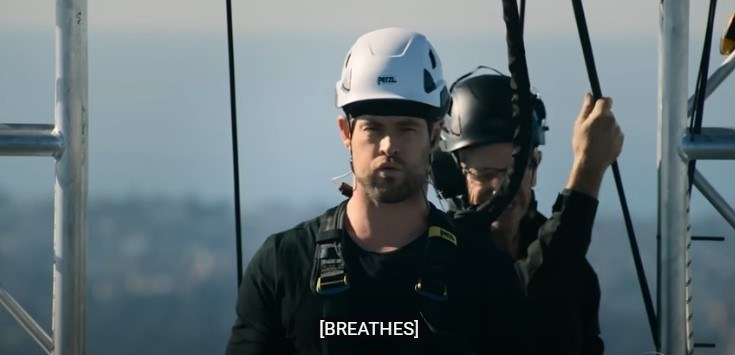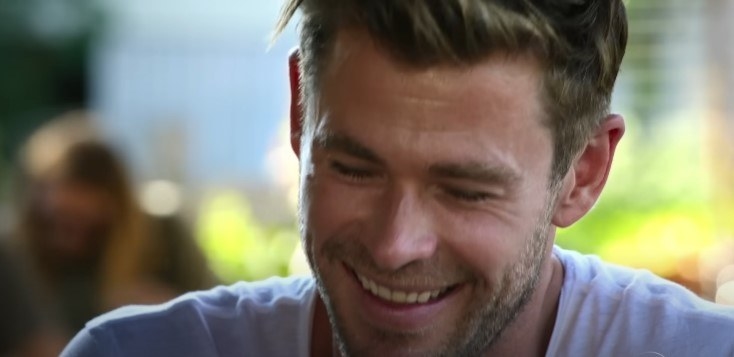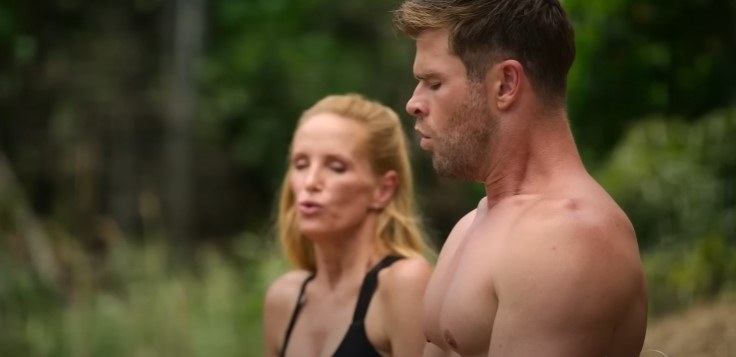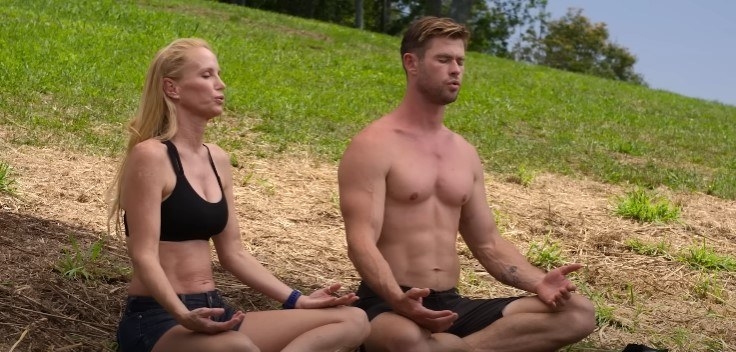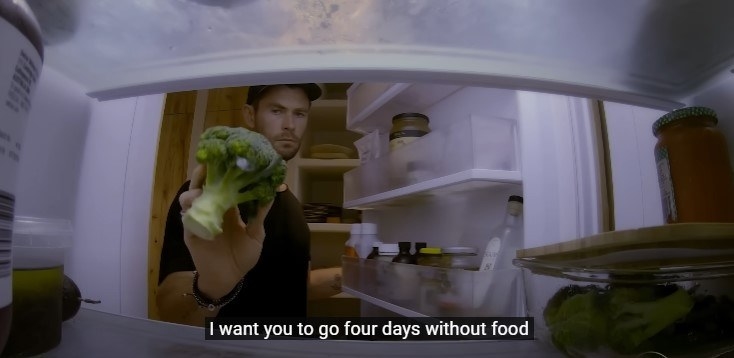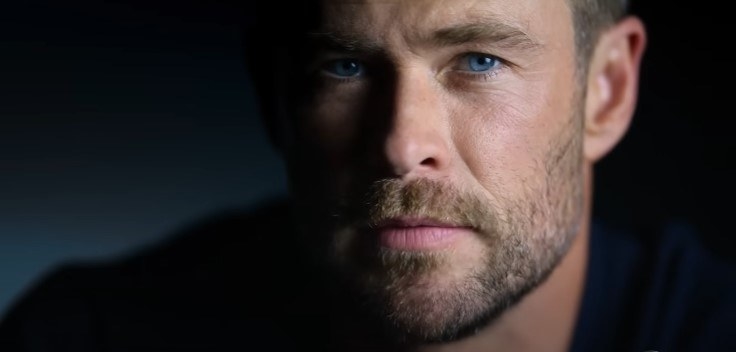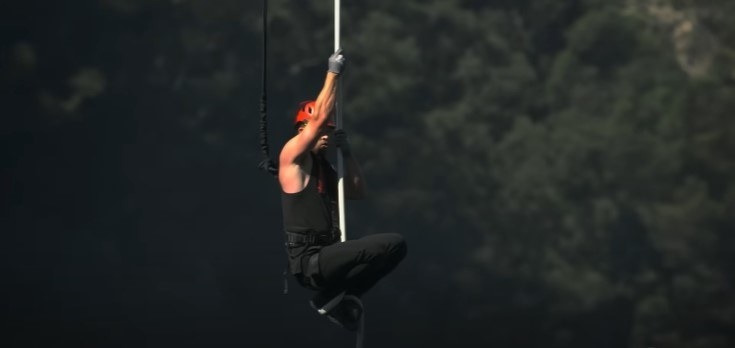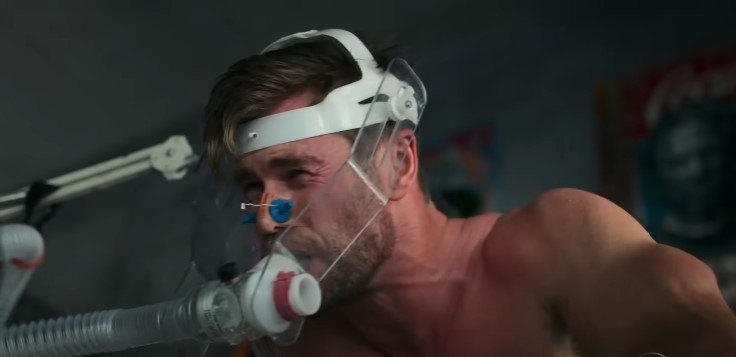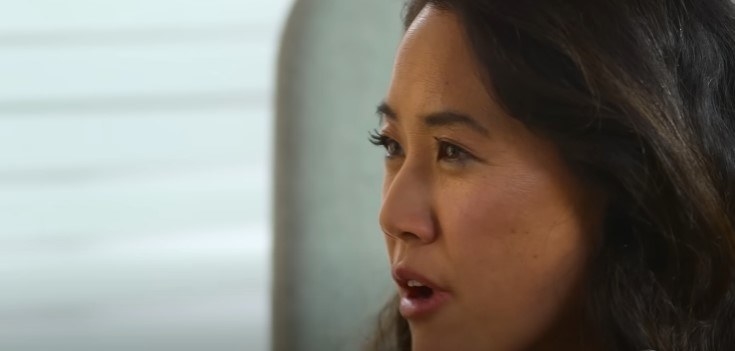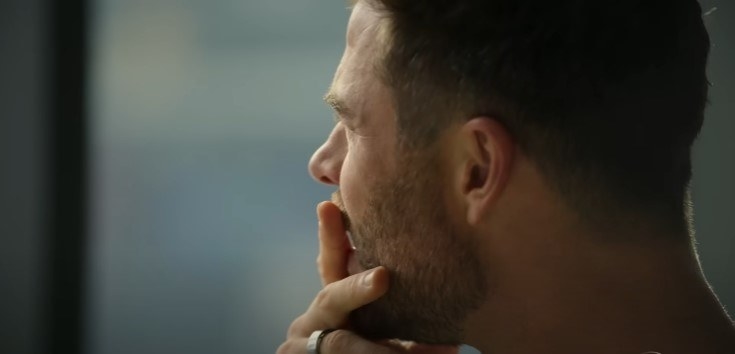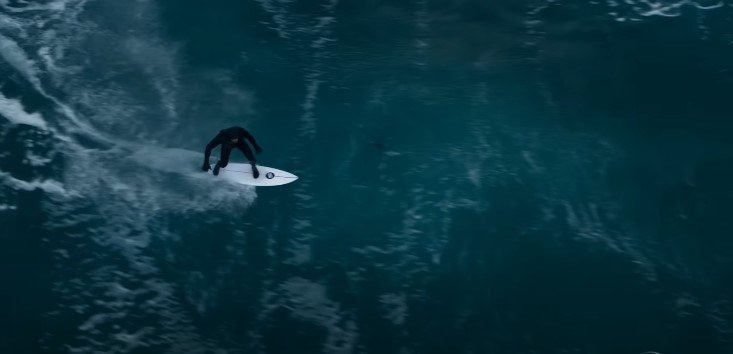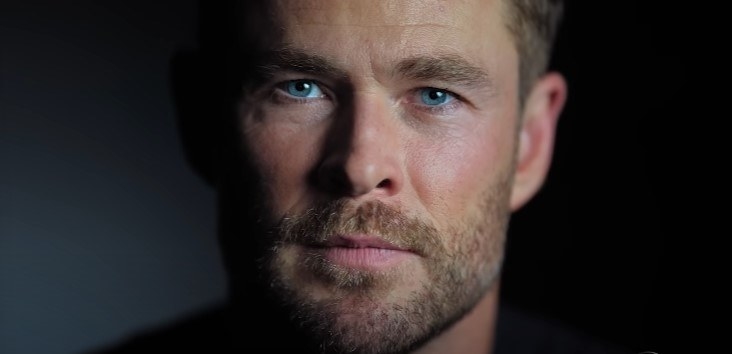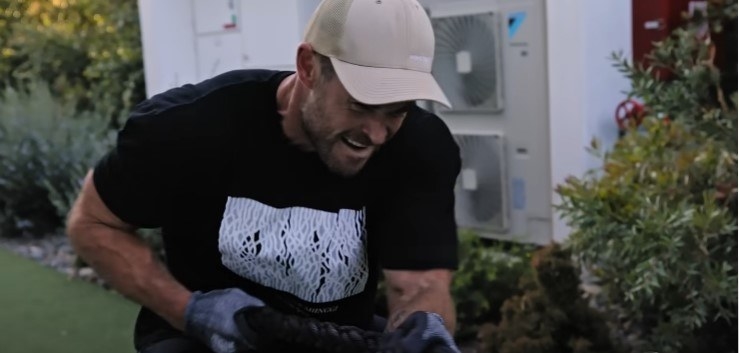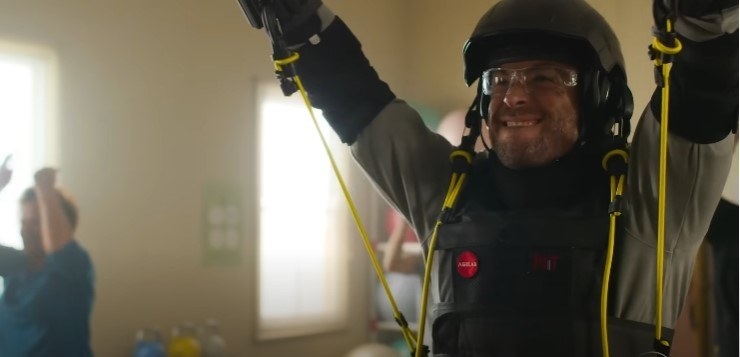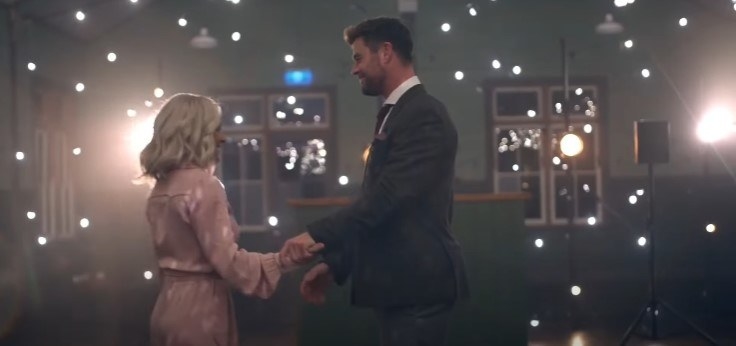That said, the show does feature high-risk activities and health plans that are done under supervision and in consultation with medical professionals, so definitely check in with your doctor before making any major changes to your lifestyle. So, what were my takeaways from Limitless? Well, let me take you on a journey through what I learned in each episode. Needless to say, spoilers ahead! This bodily response is from our ancestors, who needed this reaction in the body to get them wired and ready to fight potential dangers, or to run away — something we know as “fight or flight.” For our ancestors, it was simpler in a way — maybe they fought a scary creature, and when they emerged triumphant, the stress circuit closed and the hormones stopped flooding in. However, in modern-day life, we’re unlikely to be bracing ourselves to fight a bear and more likely to be stressing about things without black-and-white, bodily endings to give our system the closure it needs to stop pumping hormones into our bodies. As a result, the cortisol keeps flowing into our bloodstream, and our fight or flight circuit can’t properly shut down. Over time, this leads to burnout, causing high blood pressure, a weakened immune system, and elevated blood sugar, all increasing the risk of deadly disease. So, when they say stress is a killer, it really can be! Going back to our ancestors’ needs, our bodies are equipped to anticipate injury, so our arteries tighten and send blood in toward our core, lessening the risk of us bleeding to death in dangerous situations. That’s all well and good if we really are being chased by a bear, but chances are the modern-day predator kicking us into this state is something like a sudden work deadline, and this rerouting of blood to the core means less blood is now reaching our muscles and brain. Needless to say, this means both our mental and physical strength start to flag. So, how can we tell our body that today’s predator isn’t a grizzly bear? Limitless suggests you can do it by thinking more positively. Yes, I know, there’s nothing worse than someone telling you to just “calm down” or “cheer up” when you’re stressed, but if your internal voice soothes your fight or flight system, it can override it. Doing this can cause our fight or flight system to close up shop and stop wreaking havoc on our bodies. Soothing ourselves in this way can flip our physical response, opening our blood vessels back up so our brains and muscles get the power they need, and we can get through whatever situation we’ve been thrown into. The more stressed we are, the faster we breathe. The faster we breathe, the more stressed we become. But if we breathe slowly and deeply, the nerve fibers in our chests will detect the change in movement and flood our brains with signals to calm down. This, in turn, short-circuits the fight or flight system, and all the stress responses across our body — from heart rate to stress hormone release to anxiety — are dialed down. The network in our brain that fires up our fight or flight circuit has to be hypersensitive to keep us safe, but we have progressed a lot since our ancestors, and our brains aren’t exactly equipped to deal with the nuances of everyday life these days. It used to be a simple case of either being safe or not being safe, but there are millions of gray areas presented by the way we live today, and our bodies don’t always know how to respond appropriately. We’re still learning on the job! Meditation can help us feel less stressed in the moment, and regular practice can actually alter our stress response over time. Scientists believe eight weeks of regular meditation can rewire connections in key parts of the brain, making us less likely to become stressed by the things we encounter day to day. So, overall, it can offer moments of peace if done sporadically, but real long-term benefits when it comes to stress response and reduction if done consistently. (However, if you do happen to be stuck in a room with that angry bear we’ve discussed, let your fight-or-flight circuit do its thing!!) Episode 2 sees Chris exploring shock and its benefits to the body, looking into how many evolution and modern developments may have made us too comfortable. Heading to the Arctic with brothers Luke and Liam in tow, Chris investigates the health benefits of extreme temperatures with sports scientist, Ross Edgley. But there’s a theory that dialing down our reactions to the cold could help to reset that haywire immune system and cut the risks of deadly disease in old age. Subjecting yourself to extreme temperatures, like that in a sauna, triggers your body to produce a cleanup crew in the form of “heat shock proteins,” which get to work clearing all this debris and giving an internal spring clean. Spewing toxic sludge, these cells can affect healthy cells and speed up the aging process. This affects everything from hair loss and wrinkles to the onset of arthritis, cancer, and dementia. Some scientists suggest that when we fast, that zombie army is starved of their power as they have no access to the glucose our food provides. They are therefore starved of their energy, and ultimately sapped of their power. It’s also said that ketones sharpen mental focus and heighten senses and perception, meaning hunters running low on food are able to sense things in their environment that they wouldn’t normally, leading to an increased likelihood of securing their next meal. Each muscle fiber of our body is crammed with mitochondria, tiny power plants that can help us fend off visible decline. With every flex, our muscles release chemicals that fight all kinds of diseases. So, the more you work them, the more these chemicals are released, and the greater the benefit on our bodies. However, it’s been shown that exercise, particularly endurance training, stimulates our muscles to overhaul our broken mitochondria and even produce new ones, which can lead to revitalized energy and slower aging. According to sports scientist, Ross Edgley, two hours a week could add years to your life! Well, they’re called myokines, and these chemical messengers travel all around the body like tiny post people delivering packages of goodness to our cells. They can prevent the buildup of unwanted fat, suppress certain cancers, and stimulate the immune system to work better and longer. In the words of Peter Attia: “We don’t stop moving because we get old. We get old because we stop moving.” In order to protect our memories, Dr. Sha says it’s important to unplug from all our devices and distractions and really challenge our brains. For Chris, she dumps him in the outback with no phone and no GPS, and gives him the challenge of navigating his way to a set point using only his brain! Beforehand, Chris could plan his route via maps and photos, but it was up to his memory to lead them to their campsite and his ultimate destination over a period of days. Dr. Sha says the process of figuring out the right direction to go in is one of the most complex tasks our brains can perform, relying on an integral part of the brain called the hippocampus. This region of our brain is also known as our memory center and is located on both the left and right sides of the brain. Whilst we may not fancy being dumped off in the middle of the outback to navigate, Dr. Sha says ditching the GPS is a simple and effective way to keep our brains active, which should help our brains stay strong and resilient. So, next time you know you need to find your way to a certain coffee shop to meet a friend in a new town, perhaps look at the route in advance and try to memorize your way there. Scientists believe that since we evolved in nature, our brains are naturally attuned to finding the sights and sounds of the natural world much easier to process. This could be why a simple walk or a playlist of rainfall and bird calls can be so relaxing. Instead of being overloaded as they are in a setting like an office, for example, our cognitive abilities are restored to full strength when immersed in nature. Spending time in nature also lowers stress, which in turn is good for our longevity and could lessen our Alzheimer’s risk. According to Dr. Sha, just a 20-minute stroll in the park without checking your cell phone has been shown to significantly reduce levels of the stress hormone cortisol. So, as the saying goes — go touch some grass! Attia tells Chris that so much of what he describes as his limitations in sleep is known as “the monkey mind,” which everyone has — the neuroses and the rumination of thought that ensure our thoughts are loud enough to keep us awake. He explains that sleep is not a passive activity. It’s not about being unconscious; it’s an active time for the brain to heal. A single night of missed sleep leads to the accumulation of some of the toxins in the brain that predispose people to Alzheimer’s, so for Chris and his increased risk of the disease, it’s even more crucial he optimizes that healing time each night. But how does our brain heal while we sleep? In a nutshell, the junk that builds up during the day is cleared up by a kind of trash disposal service called the lymphatic system. But as we age, and especially if we don’t sleep well, our internal cleaning crew gets a little sloppy, and harmful waste builds up faster than it can be cleared out. All of this trash affects the workings of our brain, causing inflammation and potentially leading to Alzheimer’s. Exercise combined with a cognitive challenge is proving to be an extremely powerful tool in the fight against dementia, even when we grow older." Why you may ask? Well, longevity experts believe that in our fight against aging, embracing it may actually be in our favor. The architect of “Sunset Pines,” Chris’ simulated retirement village, is Dr. BJ Miller, a world-renowned palliative care physician whose work centers on unlocking the transformative power of aging and death. Alua talks about how we live in denial of death and view it as a faraway notion, something that happens far, far away in the future — but in reality, none of us know how much time we have left. The sooner we can accept our mortality and be at peace with it, the freer we’ll feel during life, and the fear of death, whenever it does arrive, won’t be as hard to deal with. Coming to terms with death, its inevitability, and its unpredictability can unlock something in us that allows us to live our fullest, happiest lives. Dr. Miller explains that most people have a subconscious feeling of a “right” to a tomorrow, but in reality, every day is a gift because it’s not guaranteed. Alua says that people tend to see their lives as starting after “they finally find the right person, or lose that weight, or stop working so much, or get that job,” but don’t take a moment to step back and realize that it’s happening now — we’re living our lives right this moment. So, make the most of every second!
